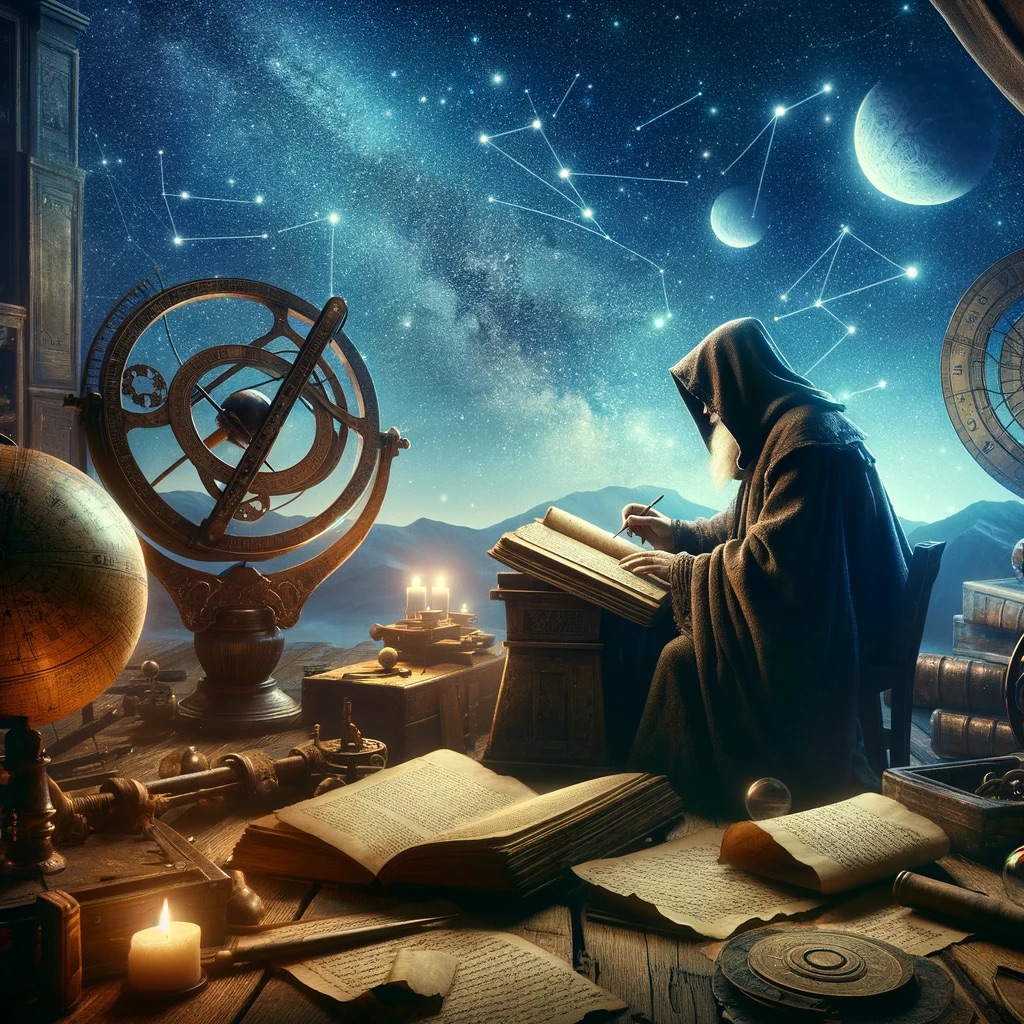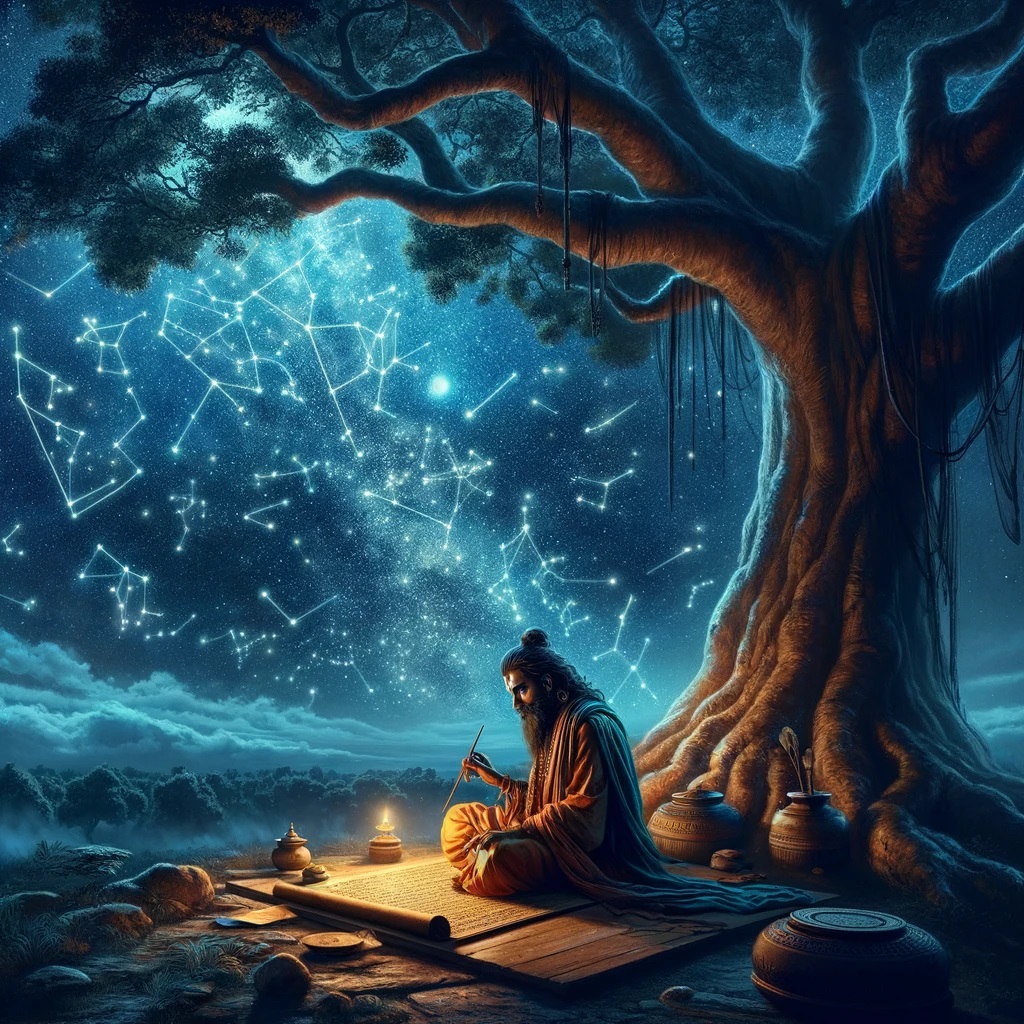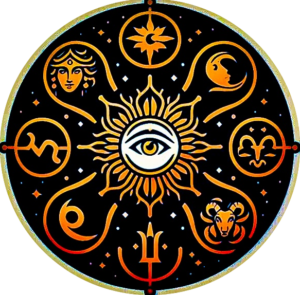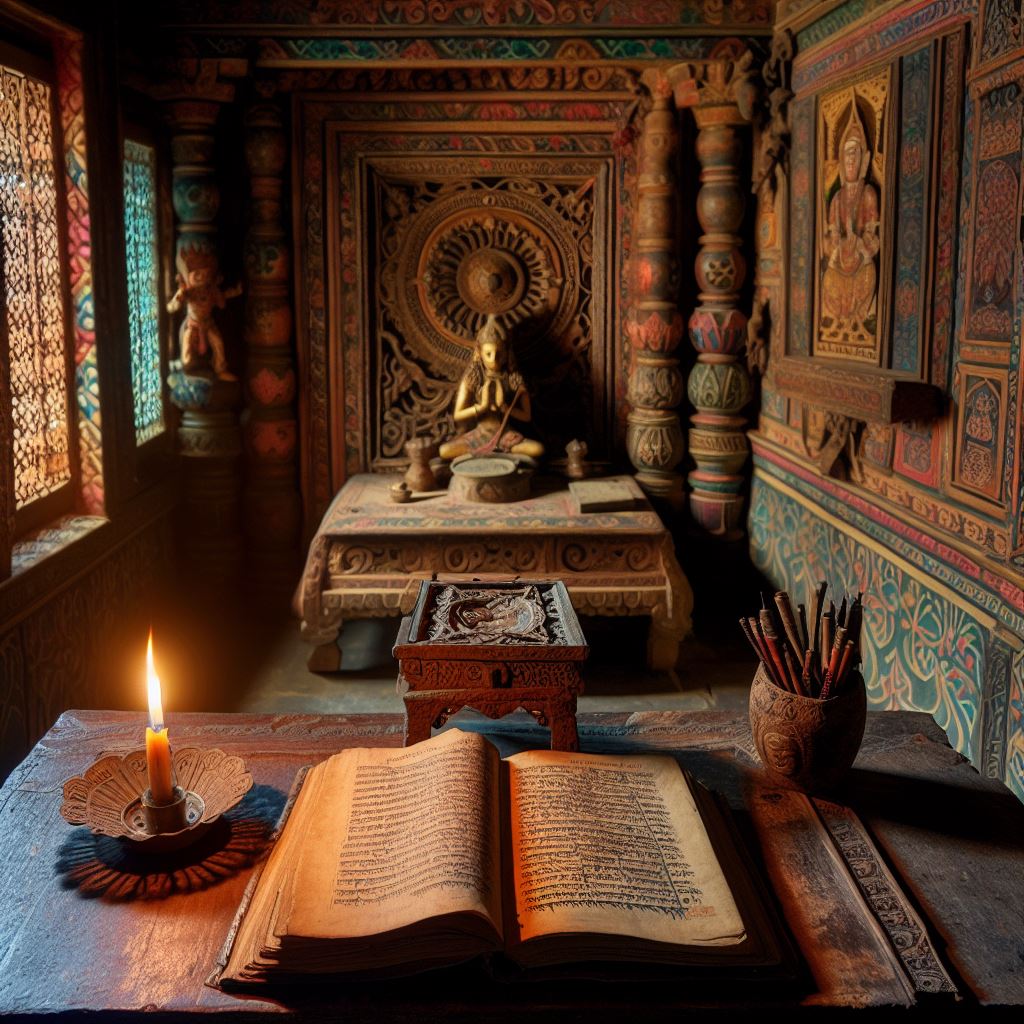Vedic Astrology: A Timeless Cosmic Science
Vedic astrology, often referred to as Jyotish, is one of the oldest and most revered systems of astrology in the world. It is deeply rooted in the ancient Indian scriptures known as the Vedas, particularly the Rig Veda, which is among the oldest scriptures in the world. The Vedas contain references to celestial bodies and their movements, indicating an early interest in astronomy and its influence on earthly affairs. Over centuries, this knowledge evolved, incorporating astronomical observations and philosophical insights, leading to the development of a sophisticated system of astrology.

By the time of the Mahabharata and the Puranas, astrology had become an integral part of Indian culture, used for determining auspicious dates for various ceremonies and predicting the future. The foundational text of Vedic astrology is the “Brihat Parashara Hora Shastra,” attributed to Maharishi Parashara. This comprehensive work lays down the principles and techniques of horoscope analysis, providing a framework that has been followed for centuries.

Indian Vedic astrology is based on the concept of karma and the belief in reincarnation. It holds that a person’s fate is determined by their actions in past lives, and the birth chart is a reflection of the cosmic balance at the time of their birth, indicating the karmic influences on their current life.
The birth chart, or Janma Kundali, is a map of the sky at the time of birth, showing the positions of the planets and the zodiac signs. The chart is divided into twelve houses, each representing different aspects of life, such as personality, wealth, relationships, and career. The placement of planets in these houses and their aspects (angles) to each other are analyzed to make predictions and offer guidance.

Vedic astrology uses a sidereal zodiac system, which is aligned with the fixed stars, as opposed to the tropical zodiac used in Western astrology. This distinction results in the shifting of the zodiac signs by approximately 24 degrees, affecting the placement of planets in the birth chart.
Another unique aspect of Vedic astrology is the use of Vimshottari Dasha, a planetary period system that predicts significant periods in an individual’s life based on the moon’s position at birth. This system helps in timing events and understanding the phases of life a person goes through.

